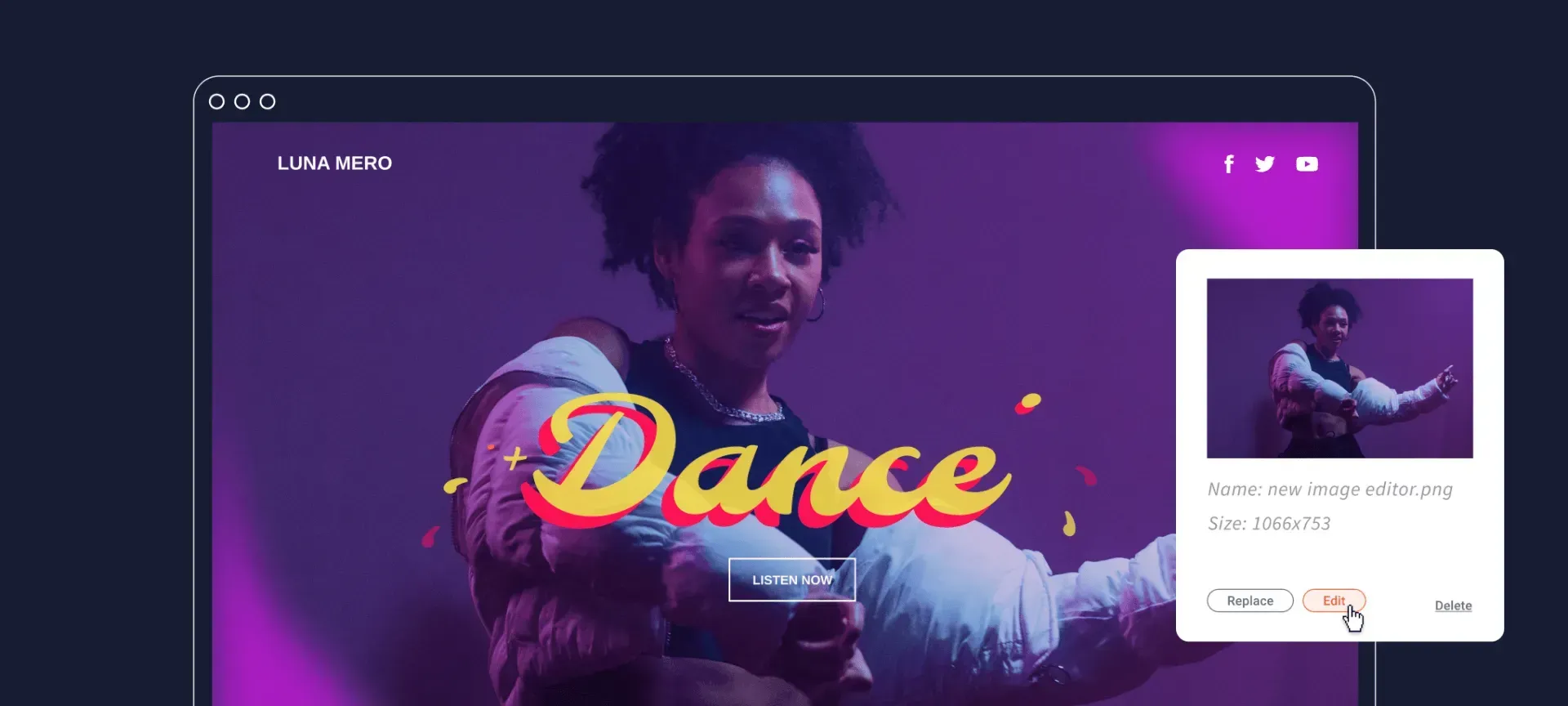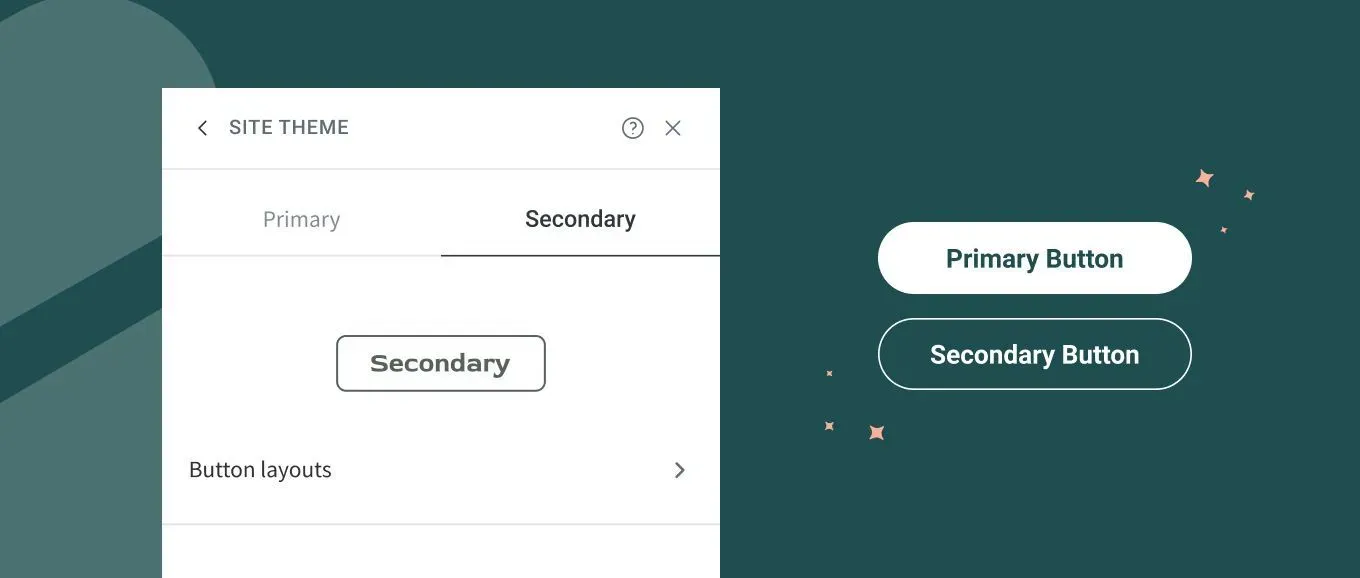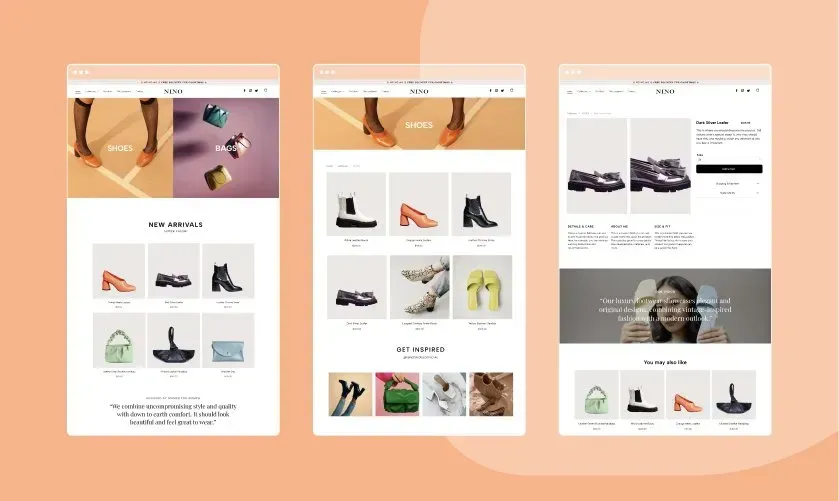For most, job interviews are extremely nerve-wracking situations. Even if you’re a sociable extrovert who loves meeting new people, there’s something about interviews that ratchets up the tension and stress in us.
The best way to counter this pressure is to be prepared. Knowing what to expect and being ready to make a good first impression will ease your nerves and boost your confidence immensely.
With this in mind, we’ve put together a detailed checklist for you to have a look at. As you go through, you can check off the steps you’ve done and show the hiring manager that you’re the best candidate for the job. Our checklist contains all the prep work for the start, middle and end of a job interview, check it out below.
Pre-Interview Prep
The steps you take leading up to the interview can transform this typically stressful situation into something more enjoyable. Yes, you could "wing it," and answer questions on the spot/ as they come. But if you truly want to impress the interviewer, do your homework beforehand and be prepared for anything. Here are our top pre-interview prep points you need to check off:
Have multiple copies of your CV to hand
Some job interviews may require you to meet with multiple members of the management team, so it’s a good idea to have spare copies of your CV to hand to them. Also, you may want to have one handy to reference, as you talk about prior experiences and qualifications. We recommend you print at least five copies of your CV on high-quality paper.
Prepare a portfolio of your past work
If the interview requires you to show past work (like photographs, artwork, successful marketing campaigns, graphic designs etc) gather your best work into one portfolio to share with those interviewing you.
Create a list of common interview questions
Prepare strong answers for the questions typically asked in a job interview. Having some general talking points to the most-asked interview questions can help you feel less anxious for the interview process, as well as help you with making a good first impression.
Even if the interviewer doesn’t ask one of the exact questions you’ve prepared for, they will likely ask something similar. For example, the person interviewing you might not ask "Why should we hire you?" but instead may say, "Tell us what makes you stand out from the other candidates we’re interviewing for this role."
Here are some of the most common questions that come up in a typical job interview:
- Why do you want to work for us?
- What are your greatest strengths and weaknesses?
- Why should we hire you?
- What’s your biggest accomplishment?
- Can you tell me about a time that you solved a customer-facing problem at work?
- Why are you choosing to leave your current position?
- Where do you see yourself in three years?
- What is your leadership style?
- What would you plan to accomplish in your first 3 months here?
- Can you tell us about the latest occasion where you had to work as a team to solve an issue at work?
Practice answering interview questions OUT LOUD
Now that you’ve come up with a list of commonly asked questions, you can start coming up with the strong answers you need to impress the interviewer and stand out from the other candidates. Write down some notes for every question you come up with, and once you have it all down on paper, start practising your answers out loud. Sit in front of a mirror and say your answers. You need to make them clear, concise and to the point, so you aren’t rambling in the actual interview.
Try some mock interviews for extra practice
Ask your friends and/or family to help you with a practice interview. The mock interviewer can help give you pointers on improving your answers for each question (what to add, what you avoid etc).
Research the company you’re interviewing for
Don’t go into an interview not knowing the very basic information like what the company does and who the CEO is. You should, at the bare minimum, know the company’s products or services, ownership, target demographics, and the main competitors in the industry.
It’s also smart to check in on their social media to get an idea of the tone, voice, and key initiatives of the business. Understand the company values and customer approach before you head to the interview.
Create a list of your accomplishments
Think about it - the main point of the interview is to show off your skills and abilities to pursue a new job. But when you’re nervous, it’s easy to forget some of the impressive things you’ve accomplished in your personal life and your career. Take some notes on the biggest highlights and achievements you want to share with the interviewer.
Prepare some questions to ask your interviewer
Asking attentive questions to the interviewer shows that you’ve done your homework and you’re interested in the job roles as well as the company. After all, an interview is a two-way street. Just as the company wants to make sure you are the right fit for the job at hand, you should do your own due diligence to make sure the business and position are a good fit for you.
Here are just some of the questions you can ask about the position, the interviewer, and the company as a whole:
- What does a typical day in this job role look like?
- What are the biggest challenges in this role?
- What are some of the company’s short- and long-term goals, and how would the person in this role help in reaching those targets?
- Why is the person previously in this position leaving?
- What do you hope to see the person who takes this position accomplish in the first year?
- What is your favourite part of working here?
- Can you tell me more about the team I’d be working with?
- What are the strengths and weaknesses of the department?
- What are the next steps in the hiring process?
Interview Prep
It’s the day of your interview. The nerves have kicked in a little bit, but that’s okay because you have your portfolio and CVs next to your car keys, you’ve practiced your questions and answers for days, and you’re just hours from walking through the front door of the company building you wish to work at. Here’s what to need to do before and during your job interview.
Dress for the occasion
You should wear clothing that fits well and makes you feel good. What you wear to the interview may vary based on the job role and company, but here are some general guidelines for what to wear depending on the dress code.
- Casual: Dark jeans, long skirt, or long dress; clean white shirt, blouse, colour bold cardigan, or jumper; tops without graphics; neat, closed-toe shoes.
- Business Casual: Dark trousers or long skirt; button-up top, blazer; neat, closed-toe shoes.
- Formal: Dark suit or long skirt; dark, tailored dress; a statement tie with the suit; neat, closed-toe shoes.
Arriving early is on time
Showing up to an interview will leave a bad first impression. Plan to arrive up to 20 minutes early, and give yourself enough time to find the building, park your car, and check in with reception. Take into consideration traffic, too — a 9 a.m. interview means that you’ll be driving through the morning rush hour traffic.
If the building is located somewhere you’ve never been to before, make sure you map it out to avoid getting lost. If you’re not great with directions, you may want to practice the drive in the days leading up to the interview.
Bring paper and a pen
Taking notes during your interview will show the level of investment you have with the interview and the company in the future. But it also means you can review your notes for pros and cons if you are offered the job. Plus, you can revert back to any points the interviewer made early on in your interview and ask for more information when it’s your turn to ask questions.
Be personable and well-mannered
Everyone you meet from the car park to the interviewing room could be your future co-workers, and they may have an input on how you interacted with them during the hiring process. Smile, wave, and greet anyone you pass. It never hurts to be kind to others now does it?!
Stay focused and positive
Interviewing is nerve-wracking but remaining positive and upbeat can make all the difference in your overall performance. You might be asked why you are leaving your position or how you performed under previous managers and their varied leadership styles. Talking poorly about the business and previous leaders can leave a bad impression on your interviewer. So keep all your answers positive, and stay focused on answering each question the best you can.
Use the STAR method
The STAR method is a great technique for responding to even the toughest interview questions. This method addresses multiple components of a problem while allowing you to clearly explain your reasoning and response.
- Situational: Describe the situation or issue at hand.
- Task: Explain what your tasks or responsibilities were relating to the situation.
- Action: Clarify what actions you took to complete your tasks.
- Results: Outline how your actions resolved the issue and what results came from your actions.
Post Interview Prep
Just because the initial interview has finished, doesn’t mean the process is over. Of course, you can be brought in for additional interviews, but no matter what stage you’re at, it’s important to leave a good, lasting impression of those in the company you want to work at.
Ask about the next steps
At the end of your interview, you should ask about the next steps of the hiring process. This way, you can anticipate when you’ll hear back from the company and feel “in the loop” of things. Be prepared that the next steps might be that you need to share more samples of your work or return for another interview in the coming weeks.
Follow up with a nice thank you
Always follow up an interview with a thank-you email or letter to show you care and have your attention focussed on the outcome of the interview. If you don’t know the interviewer’s email, you can also email the recruiter or other points of contact and ask them to send along your kind words.



